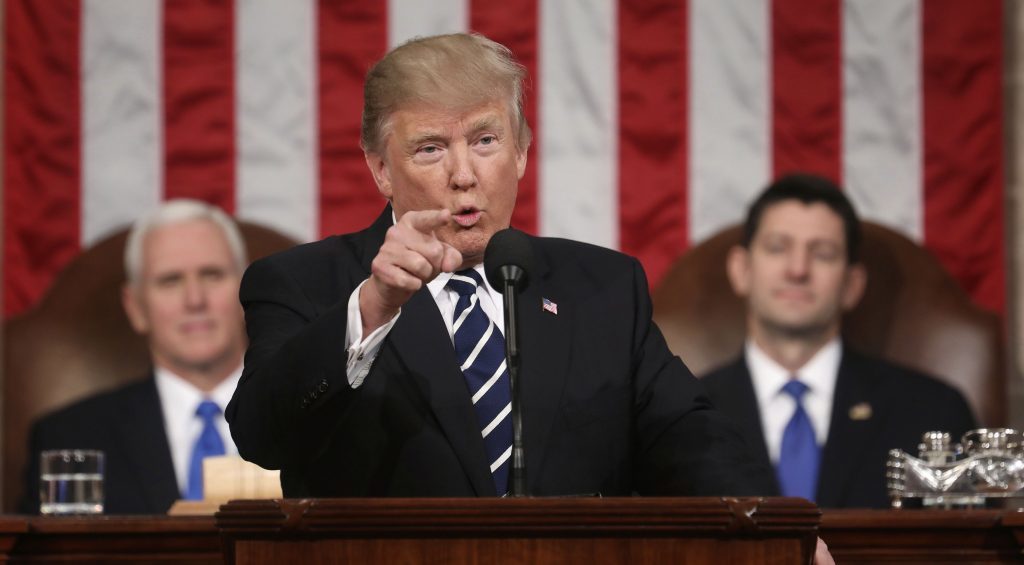
The founders of a major clean energy fund have shrugged off Donald Trump’s shift away from renewable power, claiming the global industry is too advanced to be halted by the US president.
Peter Dickson, technical director of Glennmont Partners, said the renewable energy sector was now driving itself after cutting loose from state-backed subsidies and attracting an influx of private investment.
Mr Trump has moved to break up Barack Obama’s environmental legacy by pulling America out of the 2015 Paris climate accord and backing carbon-intensive power sources such as fossil fuels.
Despite the US president’s crusade, Mr Dickson said institutional investors were wary of the risks surrounding coal and gas power stations and were more attracted to the falling cost of green energy.
Speaking to the Press Association, Mr Dickson said investors are concerned that fossil fuel power projects could become “stranded assets” if the global push for decarbonisation sparks regulatory change.
He said: “Despite things we hear from President Trump, the policy around renewables has almost gone beyond that point now.
“We are at that point where things are starting to become self-propelled and the incentives themselves are no longer coming from Government, but from the economies of scale and the value of the assets themselves.”
Glennmont, which raises long-term capital to invest in wind farms, biomass, solar parks and hydro plants, has 937 million euro (£831 million) under management. The group is currently eyeing European investments following the launch of a third clean energy fund in January.
Chief executive Joost Bergsma said the profile of its investors had changed since it broke off from BNP Paribas 10 years ago, with medium-sized pension funds joining large institutional investors, sovereign wealth funds and insurance companies.
The group is also seeing a growing interest from Asian investors, who are keen to broaden their horizons from riskier, high-return, investments towards the type of steady income generated from green infrastructure.
On Brexit, Mr Dickson said a number of firms had domiciled their funds in Luxembourg to shield them from the uncertainty surrounding Britain’s EU divorce.
He said Glennmont was largely “immune” to Brexit disruption because the Climate Change Act 2008 means the UK’s decarbonisation target will remain in place once the UK quits the bloc.
He added: “If it wasn’t for that, we would probably be in a more volatile place this year, but that establishes our 2050 target for decarbonisation and we have no choice but to continue along that path.
“We cannot doubt that the trajectory we are on remains solid, and with that the UK remains a good market.”
Recommended for you
